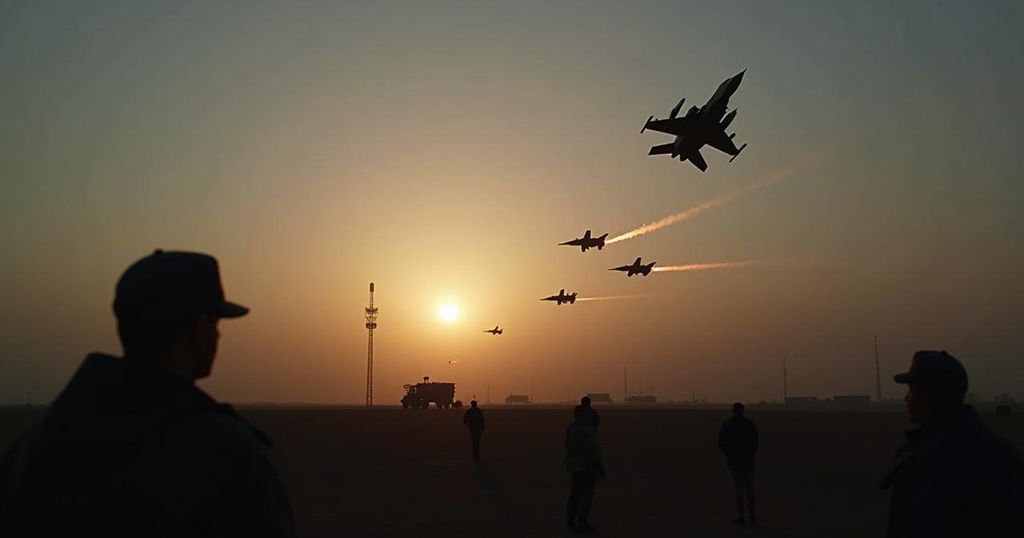US Navy Intercepts Iranian Missiles with Jordan’s Support

Jordan has granted the United States permission to shoot down Iranian missiles within its airspace, as confirmed by officials from both nations. The U.S. Navy intercepted missiles targeting Israel, with no additional military assets used. This marks a significant escalation in ongoing Middle Eastern tensions, particularly following recent Iranian missile attacks.
On October 1, 2024, a senior Jordanian official and a United States official confirmed to NBC News that Jordan has permitted the United States military to engage and neutralize Iranian missiles flying within its airspace. The Jordanian representative indicated that this policy would extend to any other missile passing through Jordanian airspace. In a coordinated response, the United States Navy successfully intercepted approximately a dozen Iranian missiles targeting Israel using two Navy destroyers. According to Pentagon spokesperson Major General Patrick Ryder, these interceptions were accomplished without the deployment of additional military hardware, as all missiles originated from within Iranian territory. This development highlights the escalating tensions in the Middle East, particularly following the Iranian missile attack, which has prompted calls for international condemnation against Tehran’s actions. The situation remains dynamic, with various geopolitical players responding to the evolving conflict.
The recent incident represents a significant escalation in military hostilities between Iran and Israel, with Iranian missile strikes aimed at Israeli territory. As tensions rise, neighboring countries such as Jordan play a crucial role in regional security and military strategies. The actions taken by the United States Navy, with Jordan’s cooperation, illustrate a united front against perceived threats from Iran, underscoring the strategic importance of air defense partnerships in the region. This event is contextualized by a series of retaliatory measures and international diplomatic responses aimed at countering Iranian aggression during a period of increased conflict between Israel and Iranian forces.
In summary, the joint action by Jordan and the United States to intercept Iranian missiles marks a critical moment in the ongoing conflict surrounding Israel and Iran. It reflects heightened military readiness and collaboration between allied nations in response to regional threats, while also calling for broader international efforts to address the provocations initiated by Iran. The geopolitical landscape continues to evolve, and the responses from the international community will likely shape future developments in the region.
Original Source: www.jpost.com







